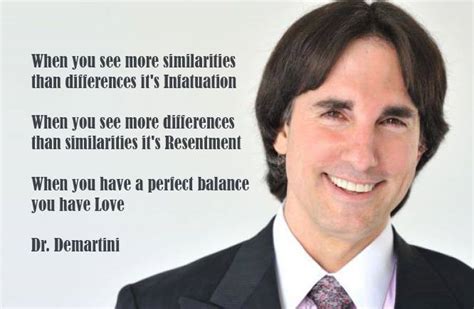A Quote by Keith Henson
Most of the suicide hijackers came from Saudi Arabia, a place not lacking in wealth. But due to rapid population growth, the wealth per capita has fallen by about half in a generation.
Related Quotes
It is commonly observed that a sudden wealth, like a prize drawn in a lottery or a large bequest to a poor family, does not permanently enrich. They have served no apprenticeship to wealth, and with the rapid wealth come rapid claims which they do not know how to deny, and the treasure is quickly dissipated.
The environmental crisis is somber evidence of an insidious fraud hidden in the vaunted productivity and wealth of modern, technology-based society. This wealth has been gained by rapid short-term exploitation of the environmental system, but it has blindly accumulated a debt to nature-a debt so large and so pervasive that in the next generation it may, if unpaid, wipe out most of the wealth it has gained us.
It is quite difficult to establish a clear-cut cause-and-effect relationship, as the causes are manifold and closely connected. It is simply not correct to link the level of democracy to prosperity. It is absolutely clear that the economic wealth of Saudi Arabia exceeds the performance of the Czech Republic. But apparently democracy is quite stable in the Czech Republic, which cannot be said about Saudi Arabia. As we delve into the past, we must not forget about the existing model of society.
If you look at the list of the top wheat importers for 2010, almost half of them are Middle Eastern regimes: Egypt, Algeria, Iraq, Morocco, Yemen, Saudi Arabia, Libya, and Tunisia. Egypt is the number-one importer of wheat in the entire world. Tunisia leads the entire world in per capita wheat consumption. So it's no wonder that the revolutions began with Tunisians waving baguettes in the streets and Egyptians wearing helmets made of bread.





































